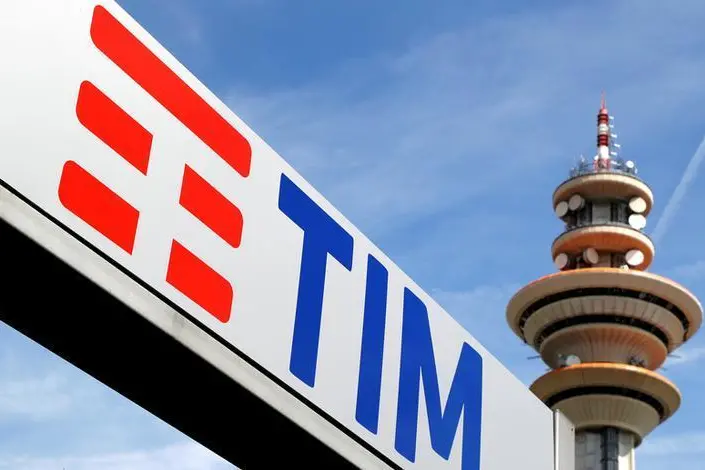PHOTO
MILAN - The European Union (EU) is set to demand asset disposals as a condition for approving an Italian deal to create a national telecoms network giant, sources close to the matter said.
Measures to gain EU antitrust approval could complicate long-delayed plans for a multi-billion euro sale of Telecom Italia's (TIM) grid to Italy's CDP.
EU officials told their Italian counterparts the TIM-Open Fiber grid merger could only be approved with the request to sell parts of their fibre networks when they overlap in areas where demand for connectivity is high, the sources said.
CDP wants to create a wholesale-only broadband provider combining debt-laden TIM's fixed network assets with those of fibre optic rival Open Fiber, of which CDP owns 60%. CDP also owns 10% of TIM.
The Italian state-owned investor began negotiations with TIM in May over the project and is now seeking to extend talks to clinch a binding deal beyond an end of October deadline.
TIM TURNAROUND
While no plan has yet been formally notified to the EU, CDP and TIM representatives held separate informal talks with competition officials in Brussels to discuss the project over the summer, the sources said.
In particular, the EU is keen to preserve the current levels of infrastructure competition in some 10-20 large and mid-sized cities, the sources added.
An EU Commission spokesperson confirmed that the transaction had not been formally notified, adding that it was up to the companies to notify a transaction that is relevant at EU level.
TIM and CDP both declined to comment.
The potential grid sale is a key plank of CEO Pietro Labriola's strategy to turn around TIM, but talks have been complicated by divergences on valuations, sources have said.
TIM's top investor Vivendi is seeking a valuation of around 31 billion euros for the grid, at least 10 billion euro above CDP's own valuation of the asset of just below 20 billion euros, sources have said.
CDP's price tag does not take into account the likely remedies indicated by the EU, one of the sources said.
(Reporting by Elvira Pollina in Milan and Giuseppe Fonte in Rome; Editing by Valentina Za and Alexander Smith)





















